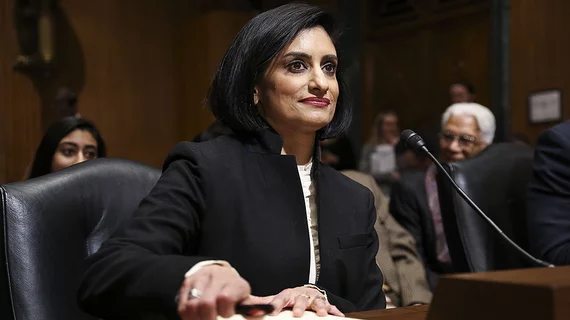CMS to overhaul Medicare comparison tools
CMS is planning to launch a simplified comparison tool for Medicare beneficiaries to find care.
The plan will tackle the differences between current available tools. For example, each of the eight available comparison tools for Medicare beneficiaries, such as Hospital or Nursing Home Compare, use different interfaces and function independently. These tools are widely used, but their varying interfaces make them “challenging to navigate,” according to CMS.
CMS will combine and standardize the eight existing Compare tools so users can access the information through a single portal with simplified navigation. The new version will be called Medicare Care Compare. The current tools compare quality and patient measures through star ratings.
“In the new, unified experience, patients will be able to easily find the information that is most important to help make health care decisions, like getting quality data by the type of health care provider,” CMS Administrator Seema Verma wrote in a blog post.
In addition, the agency will launch the Provider Data Catalog for Medicare researchers and stakeholders to search datasets via an Application Programming Interface.
Both tools are scheduled to be launched in spring 2020, with the agency giving a transition period when the old comparison tools will still be available.
“Even though we’re making these enhancements, it doesn’t change our public reporting requirements, and we will continue to meet every reporting mandate,” Verma wrote.

